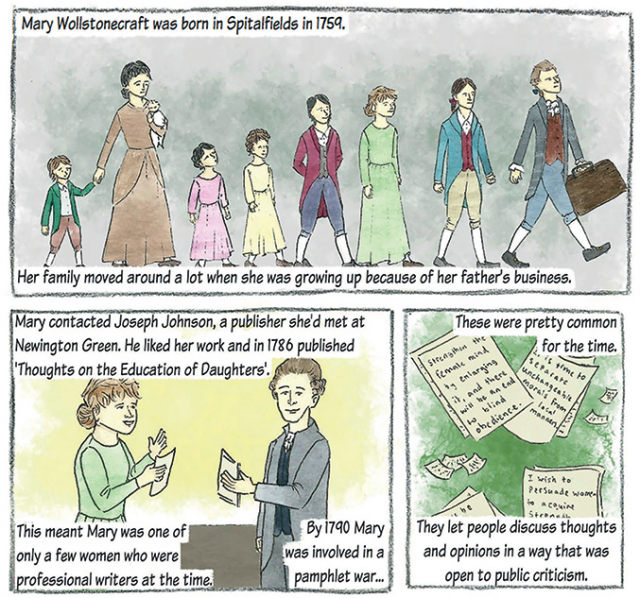Significant people: Mary Wollstonecraft
Primary History article

Why it’s worth considering Mary Wollstonecraft
‘I do not wish women to have power over men; but over themselves’ – Mary Wollstonecraft
The National Curriculum gives the freedom to select any significant individual and many schools have already chosen those outside the commonly-used ones such as Florence Nightingale, Christopher Columbus and Queen Victoria. There is also a growing interest in better reflecting diversity, as evidenced by the recent HA Primary Survey. This article suggests that one suitable person might be Mary Wollstonecraft who has been termed ‘the first feminist’. Using her as an example of a significant person can link a historical character of the eighteenth century with addressing issues of the rights of women and girls and gender equality.
Mary Wollstonecraft was born in 1759 into a family that did not believe in educating girls. Her father was violent and a heavy drinker. She was a brilliant young girl who developed a sense of injustice from an early age. At this time in history women had no or few rights. If you were a married woman, you were property: like a chair or a kettle. But Wollstonecraft managed to educate herself, and became a famous campaigner and philosopher. She demanded human rights for all, and education for women and girls. Besides being one of the first to call for gender equality, she also wrote novels, travel books, a history of the French Revolution and even a children’s book. Unfortunately she was regarded as a dangerous rebel, because of her unusual life. This meant her enormous achievements went overlooked for a long time...
This resource is FREE for Primary HA Members.
Non HA Members can get instant access for £2.49

